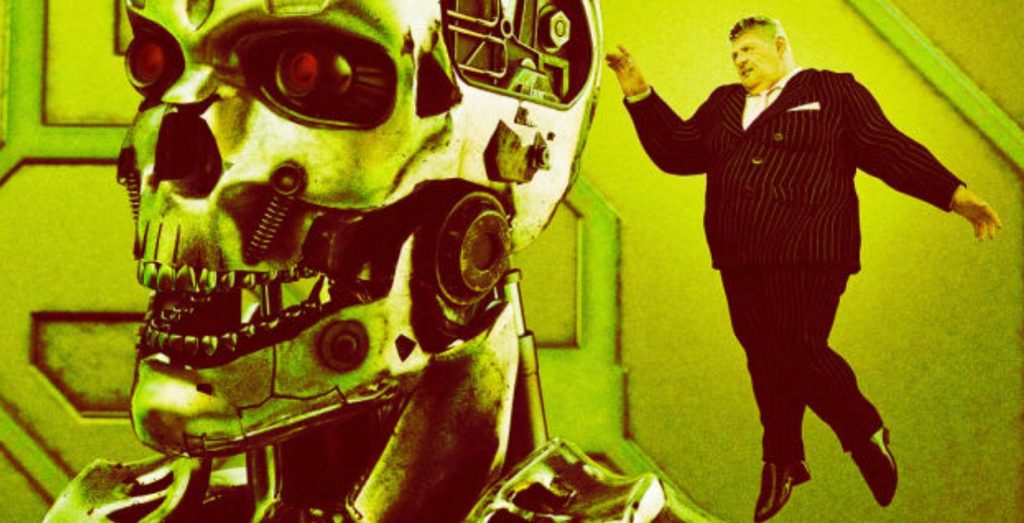Reality Check
By now, it seems clear that much of the hype around generative AI is overblown — if not a bubble that’s bound to burst — and some businesses that invested in the tech are learning that the hard way.
The tech’s drawbacks are hard to overlook. Large language models like ChatGPT are prone to hallucinating and spreading misinformation. Both chatbots and AI image makers have been accused of plagiarizing writers and artists. And overall, the hardware that generative AI uses needs enormous amounts of energy, gutting the environment.
Perhaps most of all, according to Gary Marcus, a cognitive scientist and notable AI researcher, businesses are finding out that the tech just can’t be depended on.
“Almost everybody seemed to come back with a report like, ‘This is super cool, but I can’t actually get it to work reliably enough to roll out to our customers,'” Marcus told Axios.
Customer Disservice
That’s not hard to believe. One UK company was forced to disable its chatbot after it began swearing at customers and trash talking its employers. A Californian car dealership had to do the same after its ChatGPT-powered car salesman started offering buyers $1 cars.
More grimly, an airline was forced to pay damages after its chatbot lied to a grieving customer, telling them that if they bought a ticket at full price to attend their grandmother’s funeral, they were guaranteed a bereavement discount later.
“No one wants to build a product on a model that makes things up,” Rumman Chowdhury, CEO of AI consulting firm Humane Intelligence, told Axios. “The core problem is that GenAI models are not information retrieval systems,” she added. “They are synthesizing systems, with no ability to discern from the data it’s trained on unless significant guardrails are put in place.”
Bubble Trouble
For these reasons and many others, some experts have warned that AI is a bubble like with crypto or Dot Com startups. Projections that AI will become an over one trillion dollar industry within the next decade certainly sound reminiscent of the hubris that always comes with these booms before the busts.
From a technical standpoint, meanwhile, some are skeptical that the tech will advance quickly enough to keep up with the hype, and will perhaps undergo a lengthy period of stagnation. Investors that have poured billion of dollars into the industry in a very short period of time, expecting a lucrative turnaround, may not have the patience to hold out.
“It’s easy to say, ‘Oh, we’re just a few months away,'” Marcus told Axios. “I don’t think that we are in this particular case. Not because I don’t think AI is or AGI is impossible, but just because [this] particular technology has a lot of problems.”






























